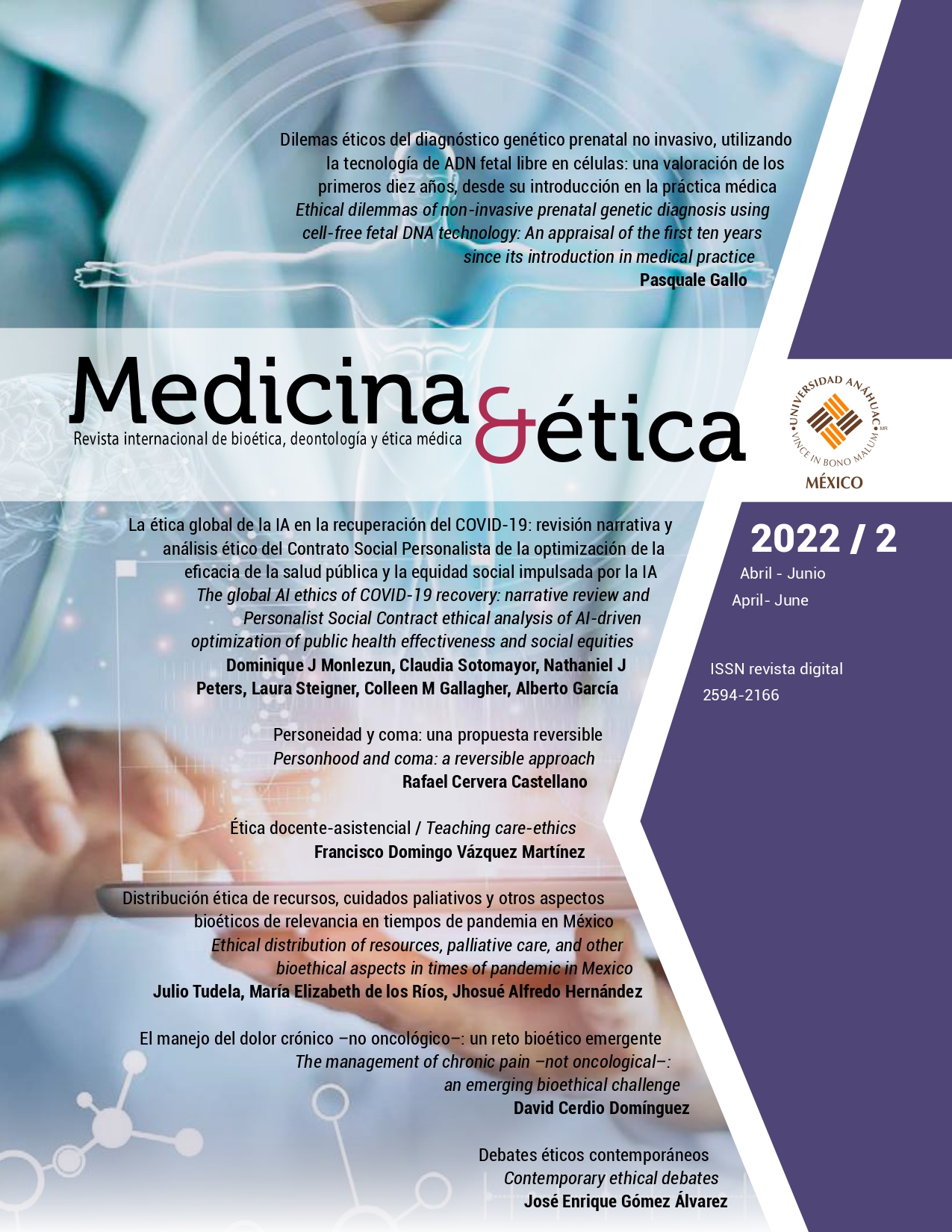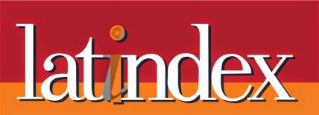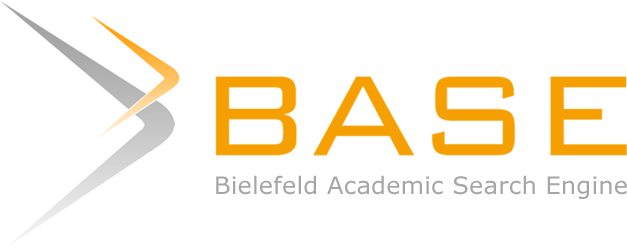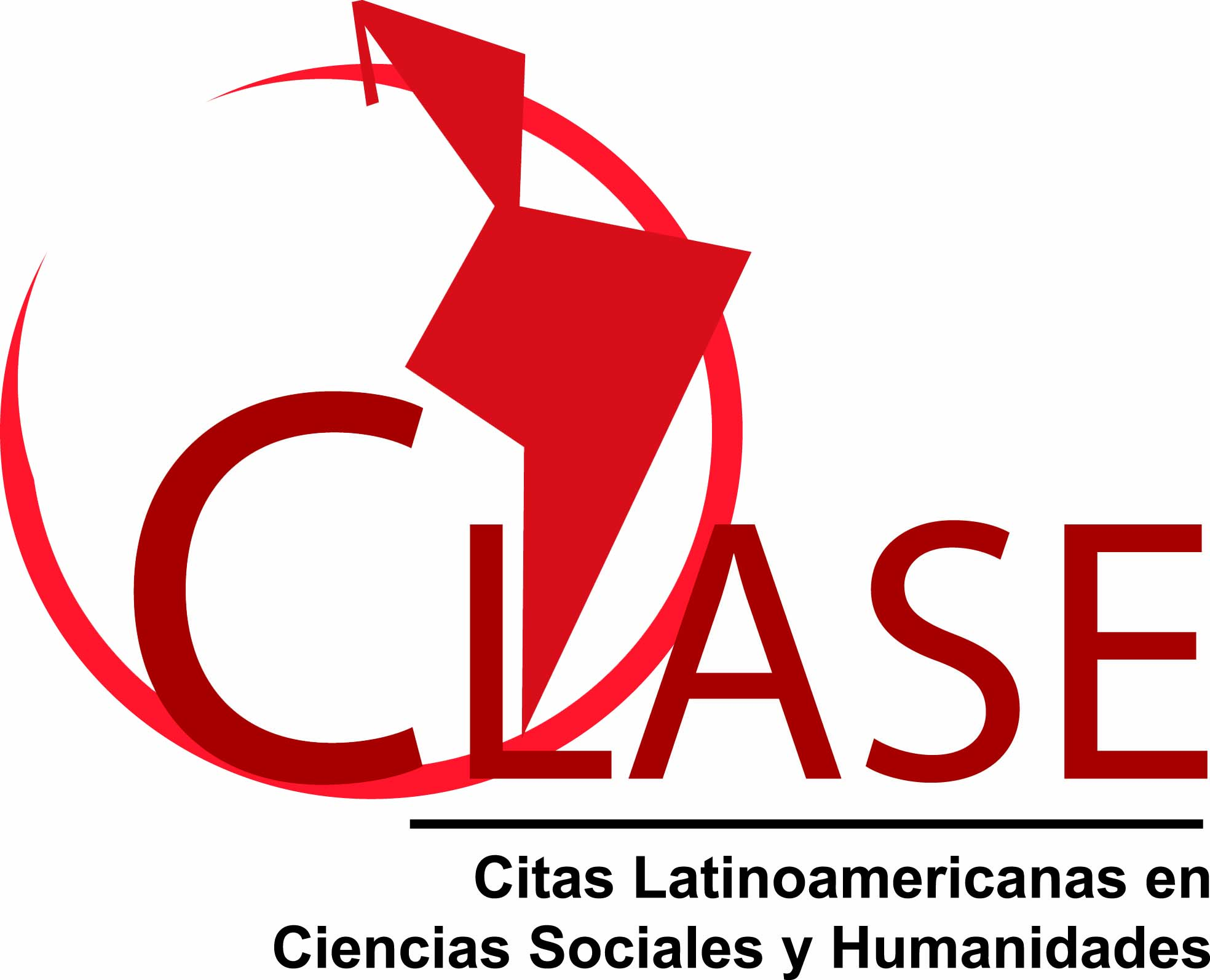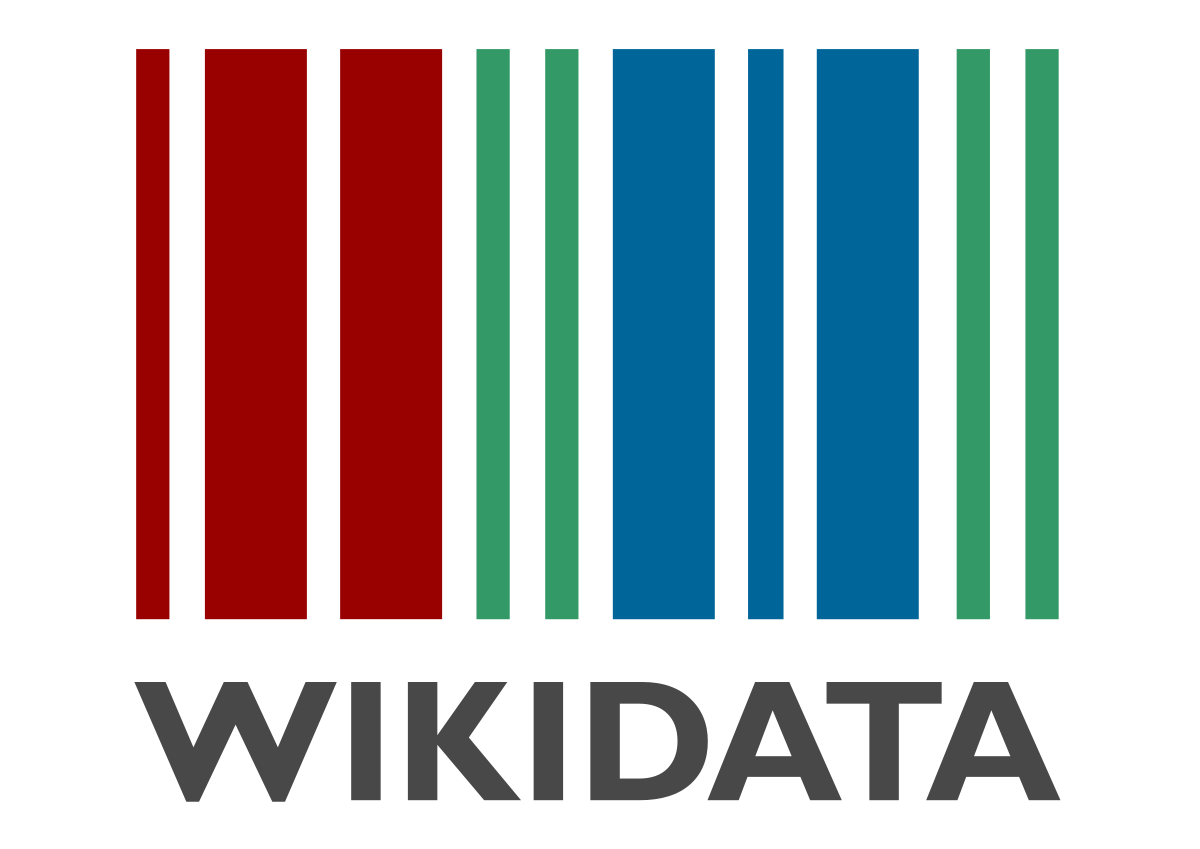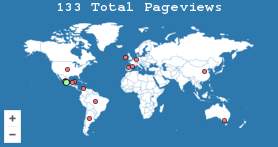Dilemas éticos del diagnóstico genético prenatal no invasivo, utilizando la tecnología de ADN fetal libre en células: una valoración de los primeros diez años, desde su introducción en la práctica médica
DOI:
https://doi.org/10.36105/mye.2022v33n2.01Palabras clave:
diagnóstico genético prenatal (DGP), asesoramiento, aneuploidía, interrupción del embarazo, adn fetal, adn libre en células, síndrome de downResumen
Antecedentes: En 2011 se introdujo en la práctica clínica la prueba de cribado no invasiva, basada en el análisis de ADN fetal libre en células (cf-ADN) en sangre de gestantes, revolucionado rápidamente el mundo del Diagnóstico Genético Prenatal (DGP). Método: Se ha realizado una búsqueda bibliográfica para identificar los artículos publicados desde la introducción de esta prueba centrada en el cf-ADN y en las cuestiones éticas asociadas a ella. Resultados: Se encontraron 26 artículos. Las principales cuestiones éticas destacadas fueron: implicaciones para el consentimiento informado, aumento de la tasa de abortos, preocupación por la divulgación de hallazgos secundarios incidentales y prácticas discriminatorias para personas con enfermedades congénitas y discapacidad. Conclusión: Los tests cf-ADN deberían estar limitados a los casos estrictamente necesarios. Debe respetarse el derecho a tomar decisiones individuales, aunque sigue siendo más importante prevenir la discriminación, respetar la dignidad humana y evitar la difusión de una mentalidad eugenésica.
Descargas
Referencias
Van El C, Henneman L. Chapter 14, Cell-Free DNA-Based noninvasive prenatal testing and Society. En: Page-Christiaens L, Klein H-G, editores. Non-Invasive Prenatal Testing (NIPT). Academic Press. 2018; 235-249. Disponible en: https://www.sciencedirect.com/science/article/pii/B9780128141892000141 https://doi.org/10.1016/B978-0-12-814189-2.00014-1
Alberry MS, Aziz E, Ahmed SR, Abdel-fattah S. Non-Invasive Prenatal Testing (NIPT) for common aneuploidies and beyond. Eur J Obstet Gynecol Reprod Biol. 1 de marzo de 2021; 258: 424-429. https://doi.org/10.1016/j.ejogrb.2021.01.008
Deans Z, Newson AJ. Ethical considerations for choosing between possible models for using NIPD for aneuploidy detection. J Med Ethics. 2012; 38(10): 614-618. https://doi.org/10.1136/medethics-2011-100180
Newson AJ. Ethical aspects arising from non-invasive fetal diagnosis. Semin Fetal Neonatal Med. 1 de abril de 2008; 13(2): 103-108. https://doi.org/10.1016/j.siny.2007.12.004
Dickens BM. Ethical and legal aspects of Non-Invasive Prenatal Genetic Diagnosis. Int J Gynecol Obstet. 1 de febrero de 2014; 124(2): 181-184. https://doi.org/10.1016/j.ijgo.2013.11.001
Moher D, Liberati A, Tetzlaff J, Altman DG. Preferred reporting items for systematic reviews and meta-analyses: The PRISMA statement. BMJ. 2009; 339. Disponible en: https://www.bmj.com/content/339/bmj.b2535 https://doi.org/10.1136/bmj.b2535
Löwy I. Non-Invasive Prenatal Testing: A diagnostic innovation shaped by commercial interests and the regulation conundrum. Soc Sci Med. 20 de mayo de 2020; 113064. https://doi.org/10.1016/j.socscimed.2020.113064
Dondorp W, Clarke A, De Wert G. Chapter 15, Ethics of Cell-Free DNA-Based Prenatal Testing for Sex Chromosome Aneuploidies and Sex Determination. En: Page-Christiaens L, Klein H-G, editores. Non-Invasive Prenatal Testing (NIPT). Academic Press. 2018; 251-268. Disponible en:
https://www.sciencedirect.com/ science/article/pii/B9780128141892000153
https://doi.org/10.1016/B978-0-12-814189-2.00015-3
Richardson A, Ormond KE. Ethical considerations in prenatal testing: Genomic testing and medical uncertainty. Perinat Bioeth. 1 de febrero de 2018; 23(1): 1-6. https://doi.org/10.1016/j.siny.2017.10.001
Benn PA, Chapman AR. Ethical challenges in providing Non-Invasive Prenatal Diagnosis. Curr Opin Obstet Gynecol. 2010; 22(2). Disponible en: https://journals.lww.com/coobgyn/Fulltext/2010/04000/Ethical_challenges_in_providing_noninvasive.8.aspx https://doi.org/10.1097/GCO.0b013e3283372352
Kelly SE, Farrimond HR. Non-Invasive Prenatal Genetic Testing (NIPT). Public Health Genomics. 2012; 15(2): 73-81. https://doi.org/10.1159/000331254
Hall A, Bostanci A, Wright CF. Non-Invasive Prenatal Diagnosis using cell-free fetal DNA technology: Applications and implications. Public Health Genomics. 2010; 13(4): 246-255. https://doi.org/10.1159/000279626
Chan WV, Johnson J-A, Wilson RD, Metcalfe A. Obstetrical provider knowledge and attitudes towards cell-free DNA screening: Results of a cross-sectional national survey. BMC Pregnancy Childbirth. 23 de enero de 2018; 18(1): 40. https://doi.org/10.1186/s12884-018-1662-z
Lewis C, Silcock C, Chitty LS. Non-Invasive Prenatal Testing for Down’s Syndrome. Public Health Genomics. 2013; 16(5): 223-232. https://doi.org/10.1159/000353523
Dave McLean. Iceland close to become first country where no Down’s Syndrome children are born. Independent. 16 de agosto de 2017; Disponible en: https://www.independent.co.uk/life-style/health-and-families/iceland-downs-syndrome-no-children-born-first-country-world-screening-a7895996.html
Bowman-Smart H, Savulescu J, Gyngell C, Mand C, Delatycki MB. Sex selection and Non-Invasive Prenatal Testing: A review of current practices, evidence, and ethical issues. Prenat Diagn. 1 de marzo de 2020; 40(4): 398-407. https://doi.org/10.1002/pd.5555
Lewis C, Hill M, Silcock C, Daley R, Chitty L. Non-Invasive Prenatal Testing for trisomy 21: A cross-sectional survey of service users’ views and likely uptake. BJOG Int J Obstet Gynaecol. 1 de abril de 2014; 121(5): 582-594. https://doi.org/10.1111/1471-0528.12579
Gammon BL, Jaramillo C, Riggan KA, Allyse M. Decisional regret in women receiving high risk or inconclusive prenatal cell-free DNA screening results. J Matern Fetal Neonatal Med. 17 de abril de 2020; 33(8): 1412-1418.
Uhlmann WR, Roberts JS. Chapter 3, Ethical issues in neurogenetics. En: Geschwind DH, Paulson HL, Klein C, editores. Handbook of Clinical Neurology. Elsevier. 2018; 23-36. Disponible en: https://www.sciencedirect.com/science/article/pii/B9780444632333000038 https://doi.org/10.1016/B978-0-444-63233-3.00003-8
Grati FR, Bajaj K, Simoni G, Maggi F, Gross SJ, Ferreira JCPB. Chapter 28, Non-Invasive Prenatal Testing by Cell-Free DNA: Technology, biology, clinical utility, and limitations. En: Leung PCK, Qiao J, editores. Human Reproductive and Prenatal Genetics. Academic Press. 2019; 627-652. Disponible en: https://www.sciencedirect.com/science/article/pii/B9780128135709000280 https://doi.org/10.1016/B978-0-12-813570-9.00028-0
Dobson LJ, Reiff ES, Little SE, Wilkins-Haug L, Bromley B. Patient choice and clinical outcomes following positive non-invasive prenatal screening for aneuploidy with cell-free DNA (cf-DNA). Prenat Diagn. 1 de mayo de 2016; 36(5): 456-462. https://doi.org/10.1002/pd.4805
Stefanovic V. The importance of pre- and post-test counseling for prenatal cellfree DNA screening for common fetal aneuploidies. Expert Rev Mol Diagn. 4 de marzo de 2019; 19(3): 201-215. https://doi.org/10.1080/14737159.2019.1571912
Mozersky J, Ravitsky V, Rapp R, Michie M, Chandrasekharan S, Allyse M. Toward an ethically sensitive implementation of noninvasive prenatal screening in the global context. Hastings Cent Rep. 2017; 47(2): 41-49. https://doi.org/10.1002/hast.690
Griffin B, Edwards S, Chitty LS, Lewis C. Clinical, social and ethical issues associated with Non-Invasive Prenatal Testing for aneuploidy. J Psychosom Obstet Gynecol. 2 de enero de 2018; 39(1): 11-18. https://doi.org/10.1080/0167482X.2017.1286643
Rolfes V, Schmitz D. Unfair discrimination in prenatal aneuploidy screening using cell-free DNA? Eur J Obstet Gynecol Reprod Biol. 1 de marzo de 2016; 198: 27-29. https://doi.org/10.1016/j.ejogrb.2015.12.023
Hill M, Johnson J-A, Langlois S, Lee H, Winsor S, Dineley B, et al. Preferences for prenatal tests for Down Syndrome: An international comparison of the views of pregnant women and health professionals. Eur J Hum Genet. 1 de julio de 2016; 24(7): 968-975. https://doi.org/10.1038/ejhg.2015.249
Ravitsky V. The shifting landscape of prenatal testing: Between reproductive autonomy and public health. Hastings Cent Rep. 2017; 47(6): S34-40. https://doi.org/10.1002/hast.793
Iltis AS. Prenatal screening and prenatal diagnosis: Contemporary practices in light of the past. J Med Ethics. 2016; 42(6): 334-339. https://doi.org/10.1136/medethics-2016-103623
Kaneva V, Dimitrova I. Chapter 16, Should incidental findings arising from prenatal testing be reported indiscriminately to patients? En: Hostiuc S, editor. Clinical ethics at the crossroads of genetic and reproductive technologies. Academic Press; 2018; 367-384. Disponible en: https://www.sciencedirect.com/science/article/pii/B9780128137642000167 https://doi.org/10.1016/B978-0-12-8137642.00016-7
Donley G, Hull SC, Berkman BE. Prenatal Whole Genome Sequencing: Just because we can, should we? Hastings Cent Rep. 2012; 42(4): 28-40. https://doi.org/10.1002/hast.50
Bredenoord AL, De Vries MC, Van Delden JJM. Next-generation sequencing: Does the next generation still have a right to an open future? Nat Rev Genet. 1 de mayo de 2013; 14(5): 306-306. https://doi.org/10.1038/nrg3459
Fox D. Reproductive negligence. Columbia Law Rev. 2017; 117(1): 149-241.
Sgreccia E. Personalist Bioethics: Foundations and applications. National Catholic Bioethics Center (Personalist Bioethics). 2012. Disponible en: https://books.google.co.uk/books?id=v4vuugAACAAJ
Miklavcic JJ, Flaman P. Personhood status of the human zygote, embryo, fetus. Linacre Q. 1 de mayo de 2017; 84(2): 130-144. https://doi.org/10.1080/00243639.2017.1299896
Aristotle. Metaphysics. En p. 7.
Aristotle. De Anima. Vol. II. 2, 421a, 1-28 p.
Evangelium Vitae (25 de marzo de 1995). John Paul II. (Consultado el 10 de diciembre de 2021). Disponible en: https://www.vatican.va/content/john-paul-ii/en/encyclicals/documents/hf_jp-ii_enc_25031995_evangelium-vitae.html
Descargas
Publicado
Número
Sección
Licencia

Esta obra está bajo una licencia internacional Creative Commons Atribución-NoComercial-CompartirIgual 4.0.
Medicina y Ética se distribuye bajo Licencia Creative Commons Atribución-NoComercial-CompartirIgual 4.0 Internacional.
El autor conserva los derechos patrimoniales sin restricciones y garantiza a la revista el derecho de ser la primera publicación del trabajo. El autor es libre de depositar la versión publicada en cualquier otro medio, como un repositorio institucional o en su propio sitio web.

